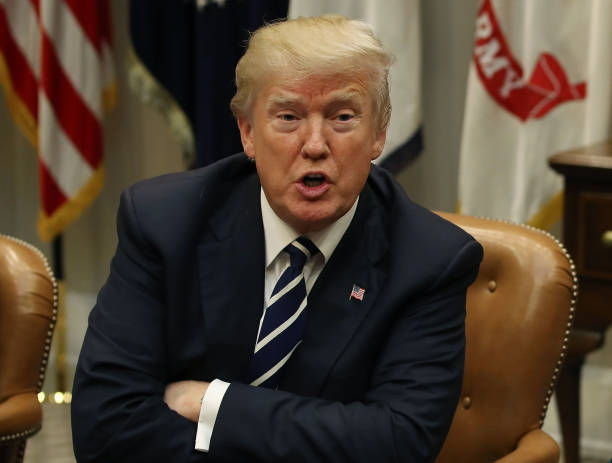The New York criminal hush money case against President-elect Donald Trump took a dramatic turn as Manhattan Supreme Court Judge Juan Merchan rejected a motion to dismiss the charges.
Trump, convicted in May of falsifying business records related to a $130,000 hush money payment to Stormy Daniels, faces sentencing on January 10, just days before his second-term inauguration.
Merchan’s ruling rebuffed claims by Trump’s legal team that the case violates the Supreme Court’s decision on presidential immunity and the Constitution’s Supremacy Clause. The judge clarified that presidential immunity does not apply to a President-elect, underscoring the legal distinctions between sitting and incoming presidents.
While rejecting dismissal, Merchan signaled that a prison sentence was off the table, suggesting instead an unconditional discharge.
“This Court… finds that… an unconditional discharge appears to be the most viable solution to ensure finality and allow Defendant to pursue his appellate options,” Merchan wrote. This outcome would leave Trump without probation or fines, reflecting the court’s approach to balancing legal proceedings and political transitions.

Merchan signals no prison for Trump, unconditional discharge likely amid political controversy.
The case stems from payments made by Trump’s former attorney, Michael Cohen, during the 2016 campaign to silence Daniels. Trump’s legal team argued that the Manhattan District Attorney’s office acted with political bias and leaked sensitive information, further claiming that such charges undermine constitutional protections.
Trump’s spokesman, Steven Cheung, lambasted the ruling as politically motivated, calling it a “direct violation of longstanding jurisprudence.” Cheung insisted the case should be dismissed to allow Trump’s transition to the presidency without interference. “This lawless case… must be dismissed,” he said.
As Trump’s January 10 sentencing approaches, the political and legal implications continue to mount. Whether this case influences his presidency or sparks broader constitutional debates remains to be seen.
However, Merchan’s decision sets the stage for further scrutiny, placing the nation’s legal and political systems under the spotlight once again.
